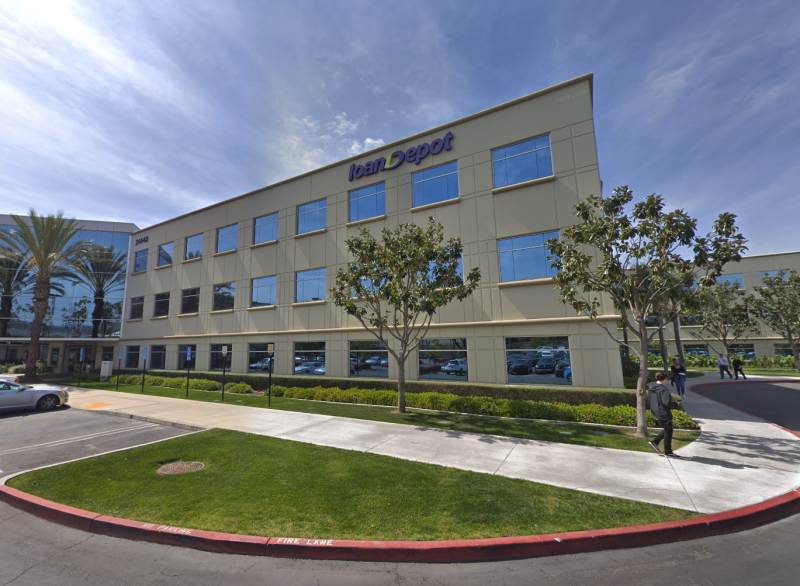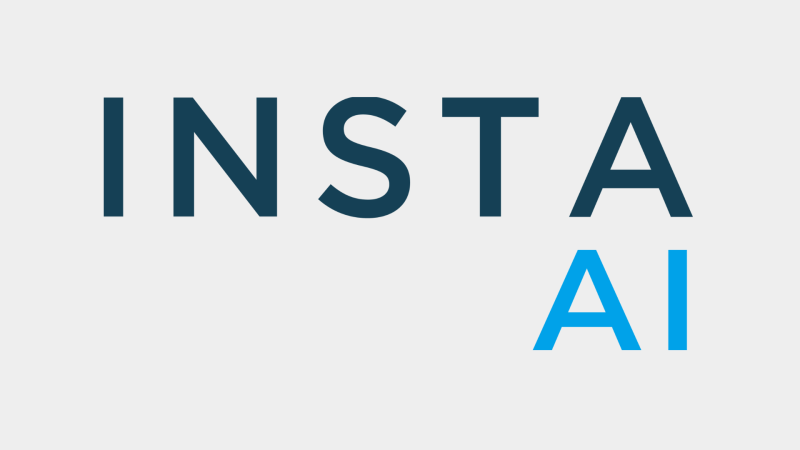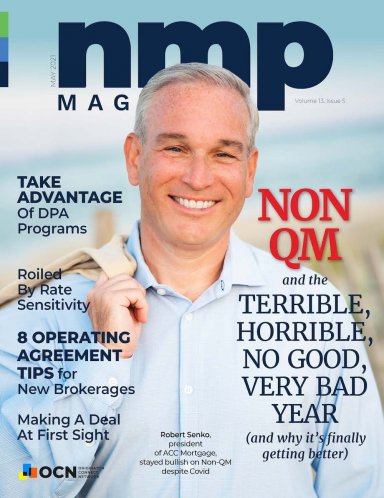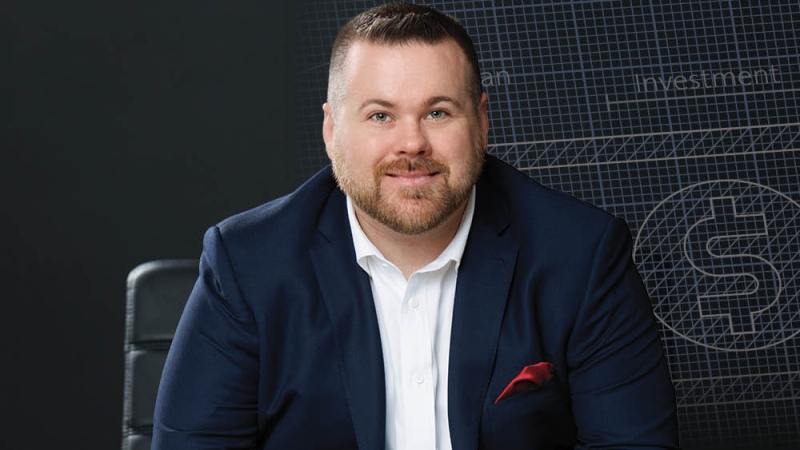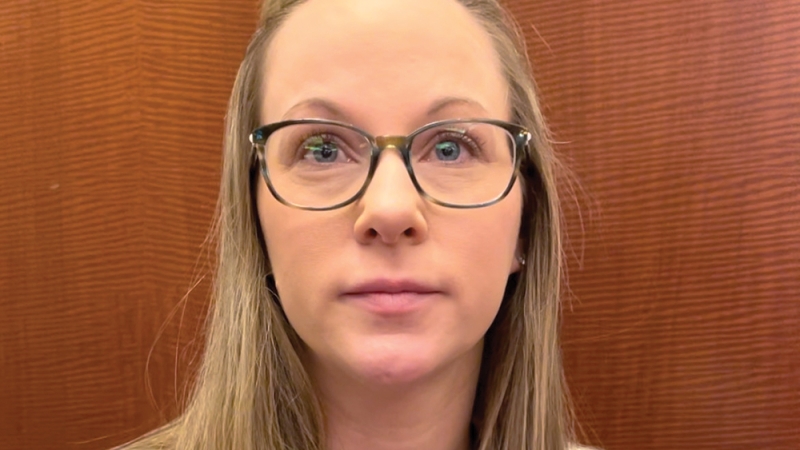The F Word: Forbearance
Even though it had nothing directly to do with the Non-QM market, forbearance was an F word of sorts for lenders in the segment. The government wasn’t backing their loans to begin with. “Forbearance was never in anyone’s vocabulary before the pandemic,” Hutchens said.
Suddenly customers were inquiring about it. “Part of the challenge was the government was saying if you need forbearance, you’ll get one.” But of course only for government backed mortgages. That forced companies like Angel Oak to extend the olive branch of financial assistance to those who needed it. “Most borrowers once educated about it wouldn’t take it. But if people were in a hardship, they were given it,” Hutchens said.
Investors Did Wrong
John R. Lynch, CEO and founder of PCMA Private Client, said long-term errors were made by investors with short-term focuses. “The gravest mistake during the early stages of the pandemic were made by the major liquidity providers exiting the market immediately and not honoring their commitments to purchase loans from their seller partners and warehouse banks. This not only hurt the firms originating these loans, but strained warehouse line relationships, but irreparably damaged the reputation of the Non-QM market.
“Now as the non-QM market is regaining its footing and market appeal and the liquidity providers re-enter the market, you have major push back by the warehouse lenders who will no longer accept these firms as counterparties and the seller partners have moved their origination capabilities to more acceptable and consistent agency originations and will most likely never come back to NQM.
Lynch lamented that “the street firms and hedge funds that looked to profit from this amazing market opportunity should have been good stewards and taken the approach of long term investors. Instead, they were in it for the trade and not for the good of the market. The moment the market traded away from their position, they were out.”
“If they thought like investors of a great opportunity and not like typical vulture traders, they would have recognized this was temporary, honor their covenants, protect their partnerships and invest long term in the health and well being of the category,” he charges. “This was the biggest and most unforgiveable mistakes that were made.”
One Year Later
Hutchens said there continues to be a bigger demand from borrowers for Non-QM products. S&P Global shares his optimism. It says that Non-QM issuance volumes will return to 2019 levels this year, reaching an estimated $25 billion, due to a strong purchase loan market and slowing agency refinancing activity. It also thinks that older Non-QM securitization cleanup calls could contribute to additional new securitization collateral in the low-interest rate environment.
“The gig economy and the gig worker are growing exponentially,” Hutchens points out. “It’s a gig economy with remote working. Employers don’t give out W2s as much any more. We see more 1099s and the self-employed and credit challenges that signify growth.”
And that, he asserts, means there’s money to be made. “There’s so much opportunity for originators. When refinancing goes down, everybody starts working harder on purchase loans.”
That’s a sentiment shared by others in the industry. “We anticipate that the upcoming market will attract more brokers and lenders to Non-QM business,” says Aaron Samples, CEO of First Guaranty Mortgage Corporation. “As rates increase and borrower fatigue around refinance takes hold, we believe that purchase business will climb and it will be necessary to reach these borrowers who fall outside of agency guidelines. The increase in home prices, building costs, and self-employed borrowers is likely to drive exponential growth in the Non-QM space.”


